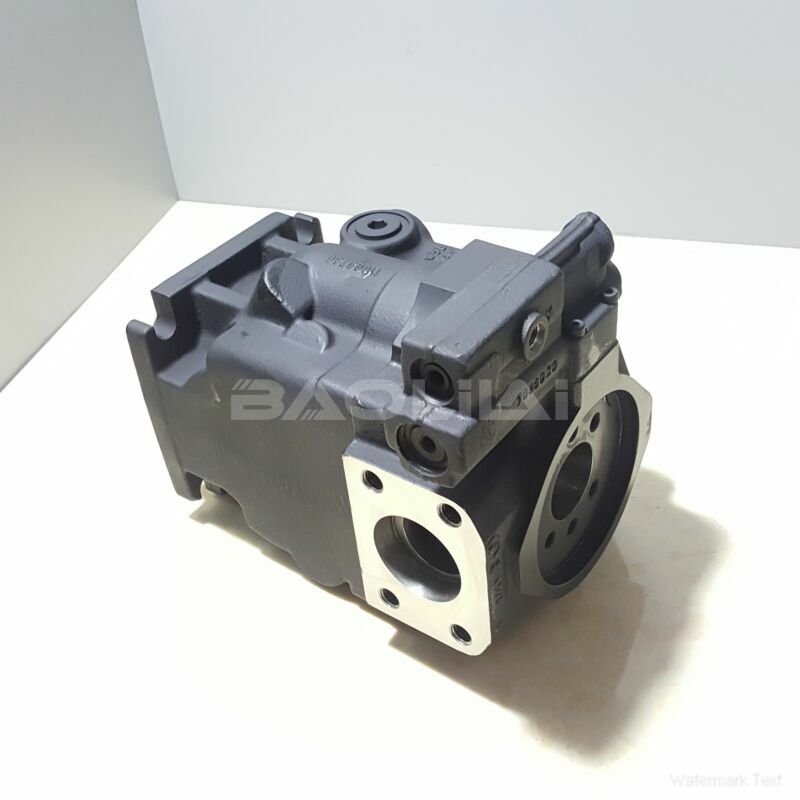JRLS65CLS2115NNN3C3BEA8NNNNJJJNNN danfoss pump
JRLS65CLS2115NNN3C3BEA8NNNNJJJNNN danfoss pump

- Product Details
- Applicable Scene
Key Factors in Pump Selection
JR-L-S65C-LS-21-15-NN-N-3-C3BE-A8N-NNN-JJJ-NNN
JRLS65CLS2115NNN3C3BEA8NNNNJJJNNN
When selecting a hydraulic pump for high-pressure test equipment, several critical factors must be considered:

83023328
Pressure Requirements: Assess the maximum pressure your testing requires to ensure that the pump can handle the specified ranges without risk of failure.
Fluid Compatibility: Ensure that the pump material and design are compatible with the types of fluids being used in testing. Certain fluids may require pumps that are resistant to corrosion or wear.
Flow Rate: Determine the required flow rate for your testing process. A pump that can deliver consistent and adequate flow at the necessary pressure is vital for accurate results.
Operational Efficiency: Look for pumps that are designed for optimal energy efficiency, as this can significantly reduce operational costs in the long run.
Maintenance and Reliability: Select pumps that are proven in terms of reliability and that require minimal maintenance to ensure longevity and dependability in high-stress environments.
Conclusion
Hydraulic pumps are a pivotal component in high-pressure test equipment, providing reliable fluid handling and precise pressure control essential for various industries. By understanding the types of pumps available, their working principles, and the factors influencing their selection, engineers and technicians can optimize their testing equipment for better safety, performance, and results. Investing in the right hydraulic pump not only enhances testing accuracy but also extends the lifespan of test equipment, ultimately contributing to the overall success of engineering endeavors.





